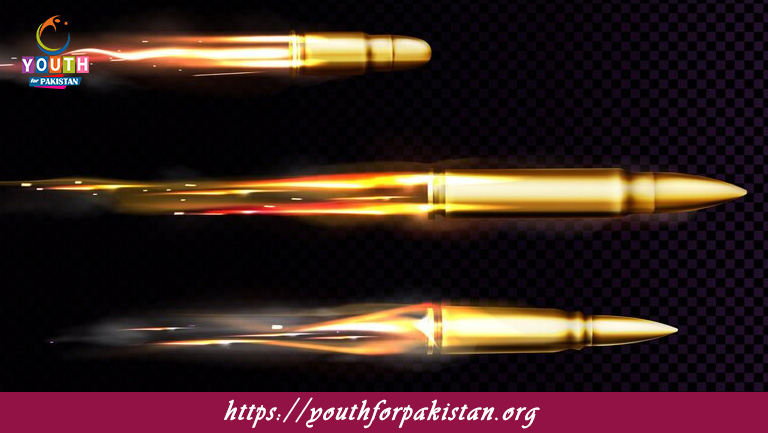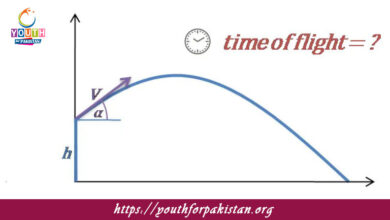Linear Momentum MDCAT Quiz with Answers

Linear Momentum MDCAT Quiz is one of the fundamental concepts in physics that MDCAT students must grasp for the medical and dental entrance exam. It is the amount of motion possessed by an object, and it is mathematically represented as p=mv, where p is momentum, m is mass, and v stands for velocity. Momentum, being a vector quantity, has magnitude and therefore direction. It is thus an essential concept in the solution of many problems involving motion and collisions. A thorough understanding of linear momentum is, therefore, imperative in answering most of the physics problems presented in the MDCAT Quiz.
Understanding Linear Momentum and Its Conservation
The linear momentum of any object is a function of mass and velocity, measuring how hard it would be to stop or alter its motion. One of the important principles relating to momentum is the Law of Conservation of Momentum, which indicates that, in the absence of forces external to a system, its momentum remains unchanged before and after an interaction. This principle becomes very important while dealing with a collision, which could be an elastic one in which kinetic energy is conserved, or inelastic in nature, where kinetic energy is not conserved. For instance, two cars, each moving in a certain direction with a specific speed, carry combined momentum equal to the momentum after the collision. MDCAT students are supposed to know and apply these concepts while attempting the solutions of various problems concerning motion and forces.
MDCAT Quiz: Linear Momentum Questions
The MDCAT Quiz frequently includes questions in which students are supposed to find the momentum, analyze the effect of a collision, or apply the law of conservation of momentum. For example, it may ask about finding the momentum of an object given its mass and velocity or finding the velocity of objects after an inelastic collision. Another critical skill is understanding how momentum interacts with forces over time—for example, during an impulse. Such questions check the ability of a student to apply theoretical concepts to practical situations, which makes momentum one of the frequent topics in the physics section of the MDCAT.
- Test Name: Linear Momentum MDCAT Quiz
- Type: Quiz Test
- Total Questions: 30
- Total Marks: 30
- Time: 30 minutes
Note: Answer of the questions will change randomly each time you start the test, once you are finished, click the View Results button.
Free Flashcards for Linear Momentum
The free flashcards on linear momentum may prove to be an effective way for MDCAT students to memorize and understand its key principles. Flashcards help to reinforce the definition of momentum, the conservation principle, and distinctions between elastic and inelastic collisions. Regular review of these ensures that the student is able to recall the concepts fast and apply them swiftly during the MDCAT Quiz. This solidifies problem-solving strategies and enhances confidence and performance in tackling momentum-related questions during the exam.
Experience the real exam environment with our expertly designed collection of over 25,000 MCQs MDCAT Mock Tests.






